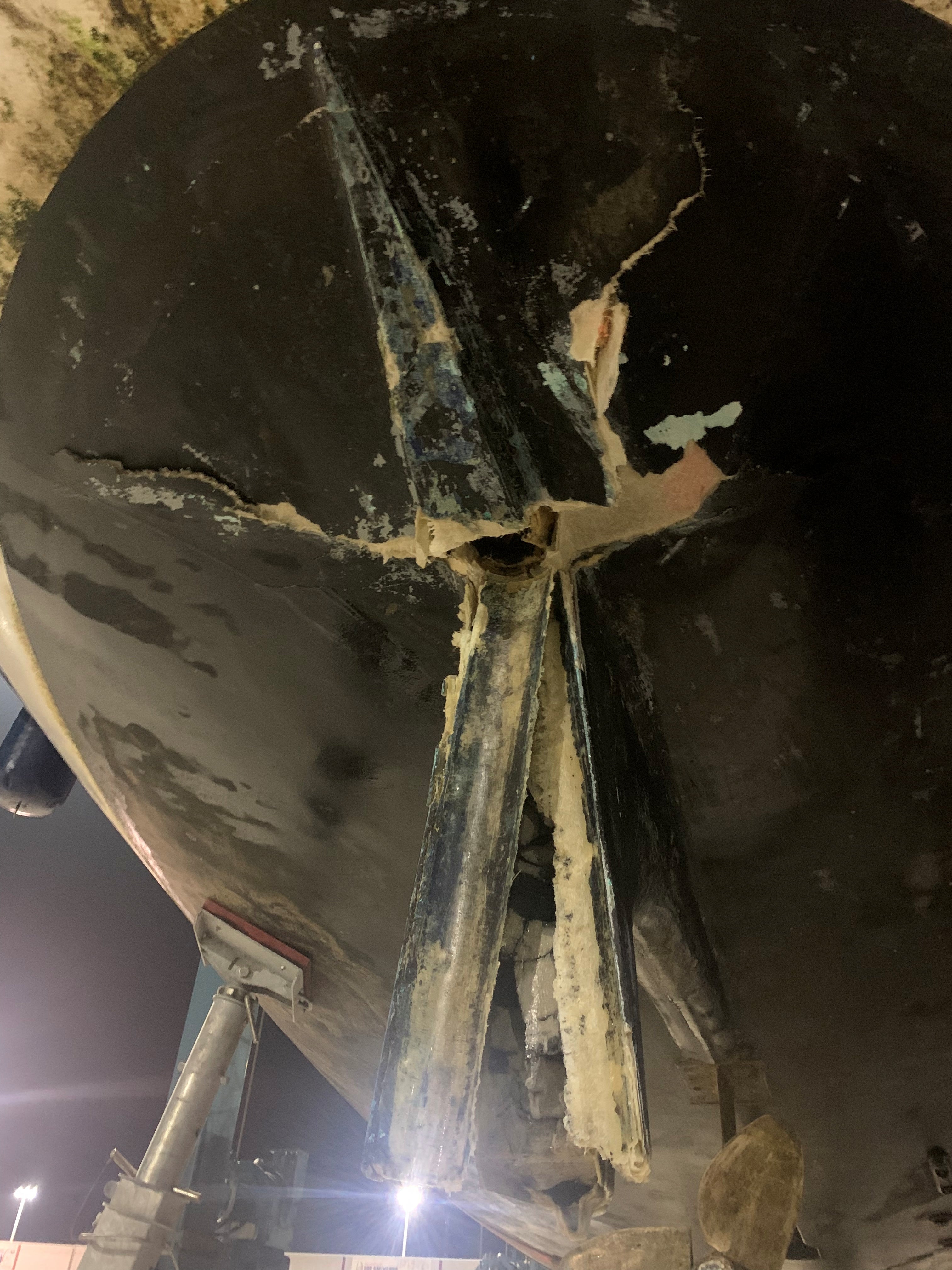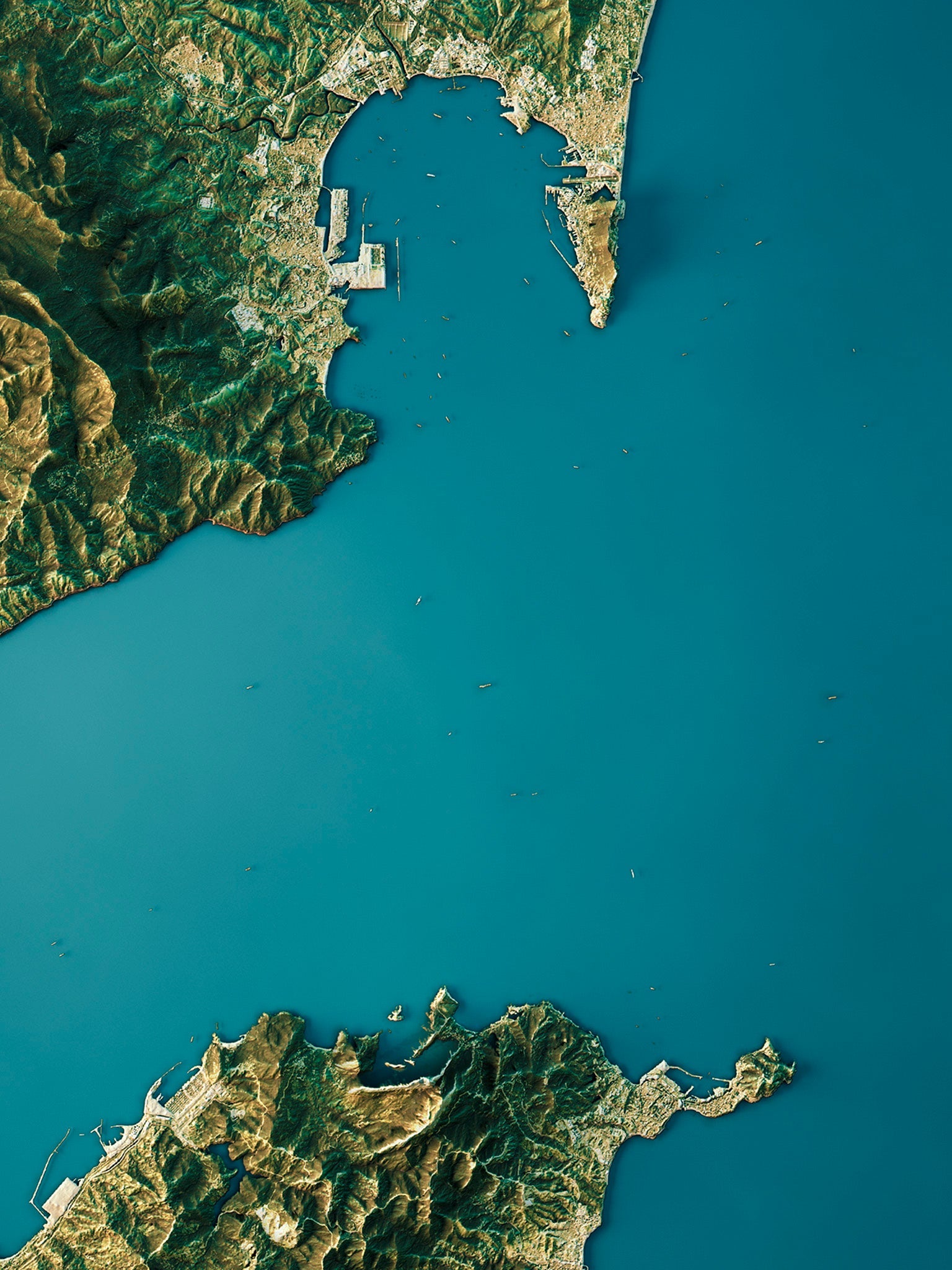
Sailors have been urged to use a simple trick to protect themselves against the growing number of killer whale attacks in the Straits of Gibraltar.
More than 250 boats have been damaged, with three sunk, since the attacks off the coast of Spain and Portugal were first reported in 2020.
Fifteen of the region’s 35 killer whales are said to be responsible - but it is thought a female orca called White Gladis was the one to ‘teach’ others to attack the passing vessels after she collided with a boat.

The attacks can last for over an hour and generally involve the orcas headbutting a vessel’s rudder until it is destroyed.
However, sprinkling five to eight kilograms of sand in the water around the rudder confuses the animal’s sonar, said the Cruising Association, adding the crew should bang pots and pans on deck at the same time.
"It doesn't have to be a lot of sand" John Burbeck, the Orca Project team leader at the Cruising Association, told The Telegraph. "A few kilogrammes. The orcas are coming in on sonar, not sight. We know that. And sand around the rudder confuses that sonar picture they're picking up.”
A skipper reported success with this method in April. So far, no one has been seriously injured in the attacks, but Mr Burbeck said he is still concerned.

"The thing that worries us is the time that an orca hits so hard that someone is knocked over in the cockpit and fractures their skull. The whole dynamic of our relationship with this endangered population will change," he said.
There are even suggestions among researchers that the orcas are seeking ‘revenge’ on behalf of White Gladis, although others believe the behaviour is mere play.
The summer season brings thousands of boats to the Straits, leading to an increase in the number of killer whale encounters, which can sometimes result in the sinking of boats because the hull gets split when the orcas hit the rudder.
One boat has sunk out of a total of 26 interactions this year, while two sunk last year.

.jpg?w=600)





